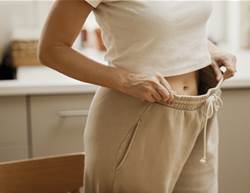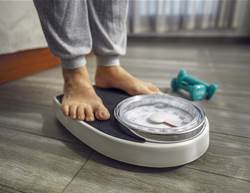Sure, losing weight takes a lot of hard work, but it doesn't require resorting to extreme forms of dieting that deprive you of certain foods and nutrients. Celebrity fad diets are among the worst offenders-not only are they potentially dangerous to your health, but they're also ineffective in the long-term. So what is a fad diet, exactly? You know you have a fad diet on your hands when the buzzy plan is unrealistic and limits you to eating certain types of foods. Some fad diets might also encourage you to skip eating altogether and stick to drinking juices and teas instead (not safe, by the way). To help you avoid completely sabotaging your weight loss goals and choose the right diet for you, we consulted dietitians to share the top fad diets you need to ditch this year.
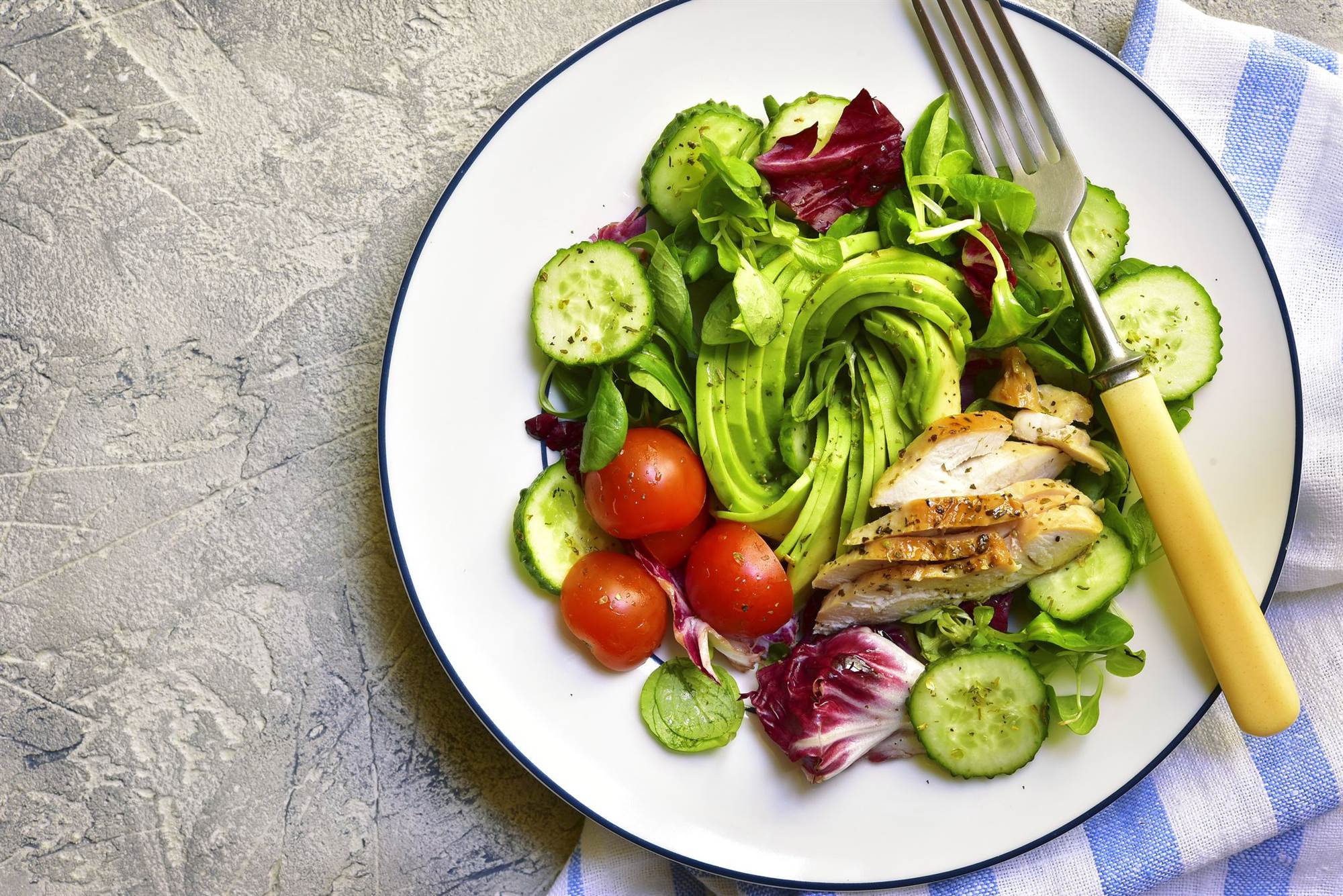
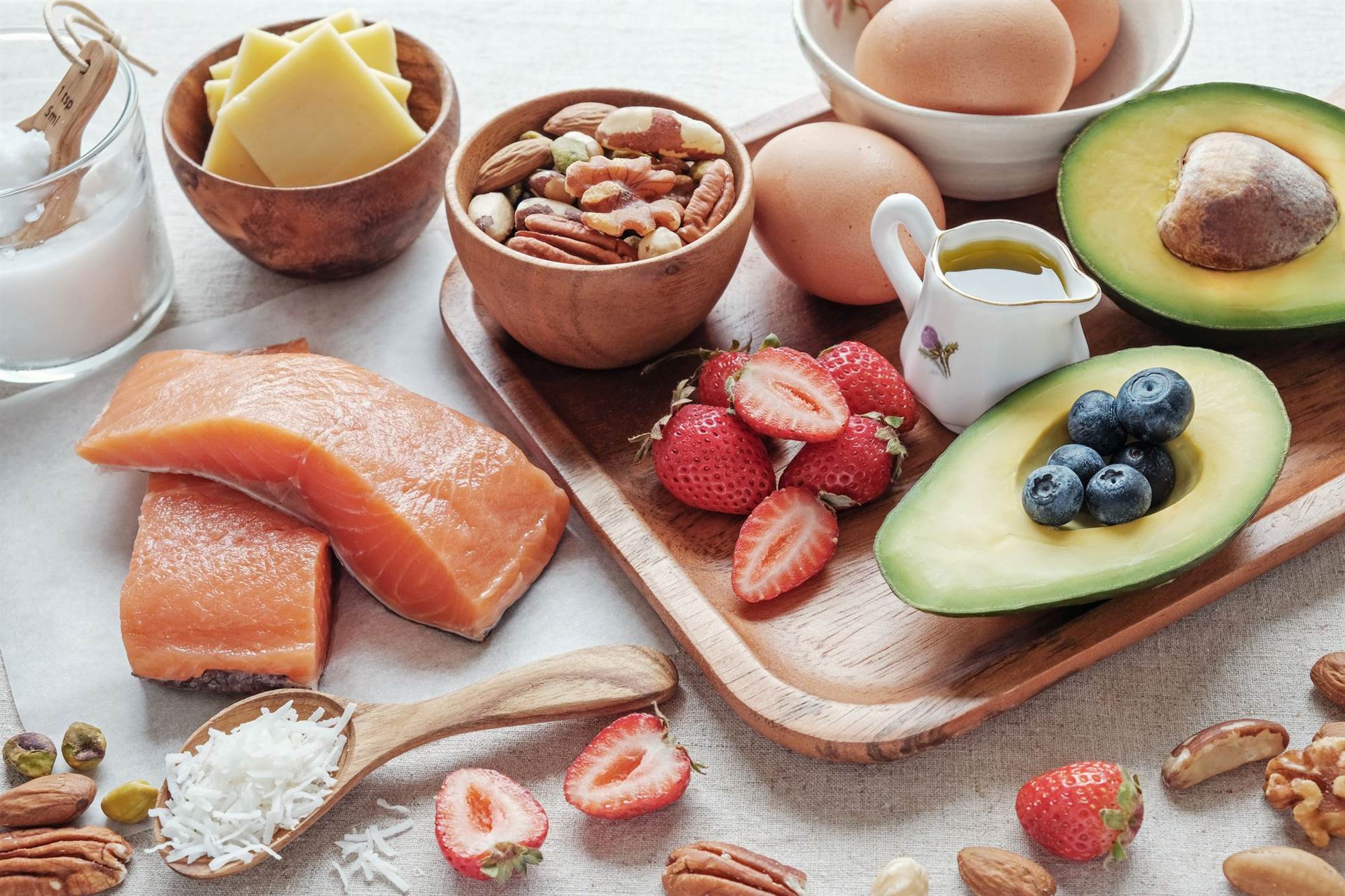

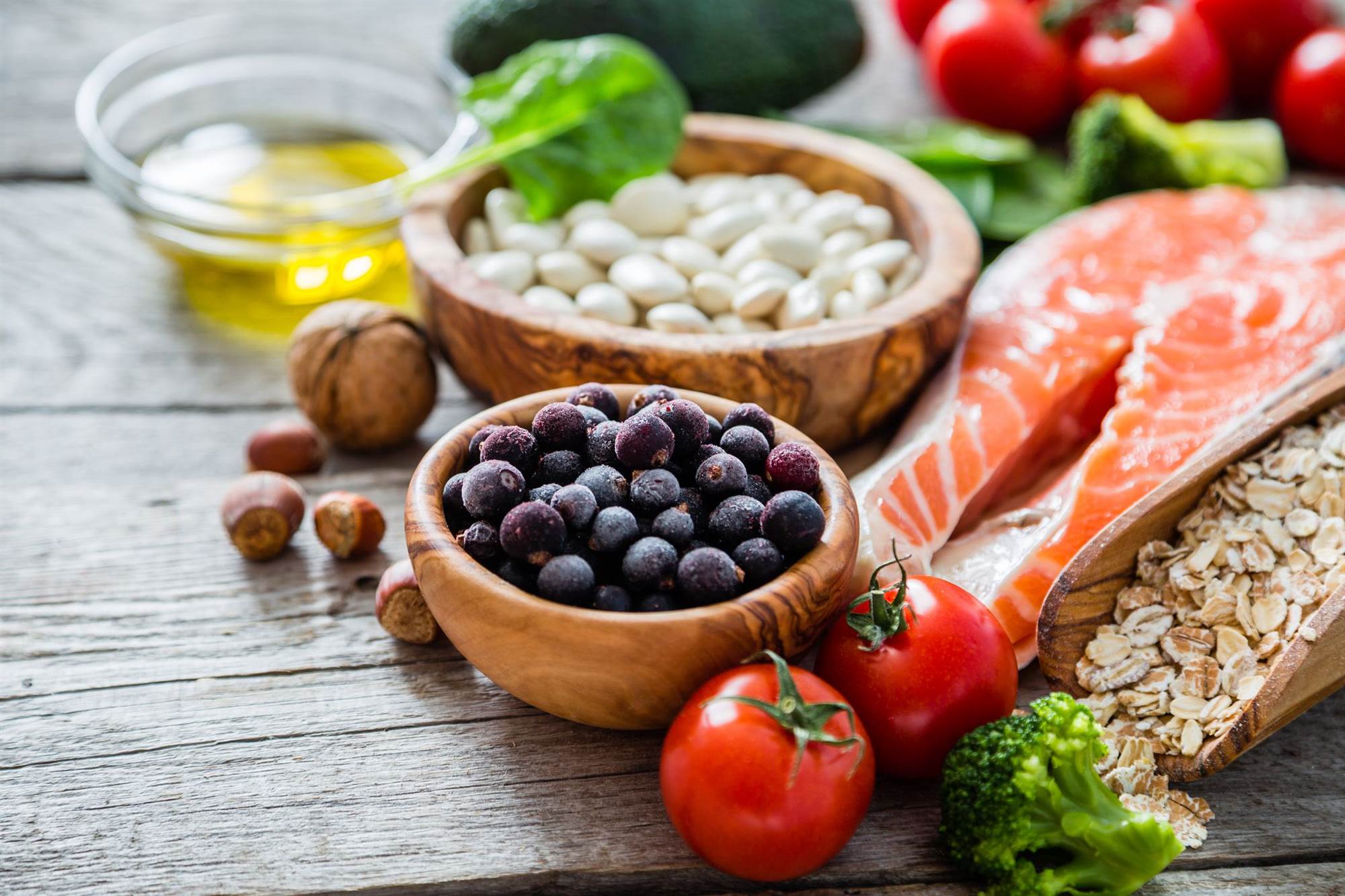
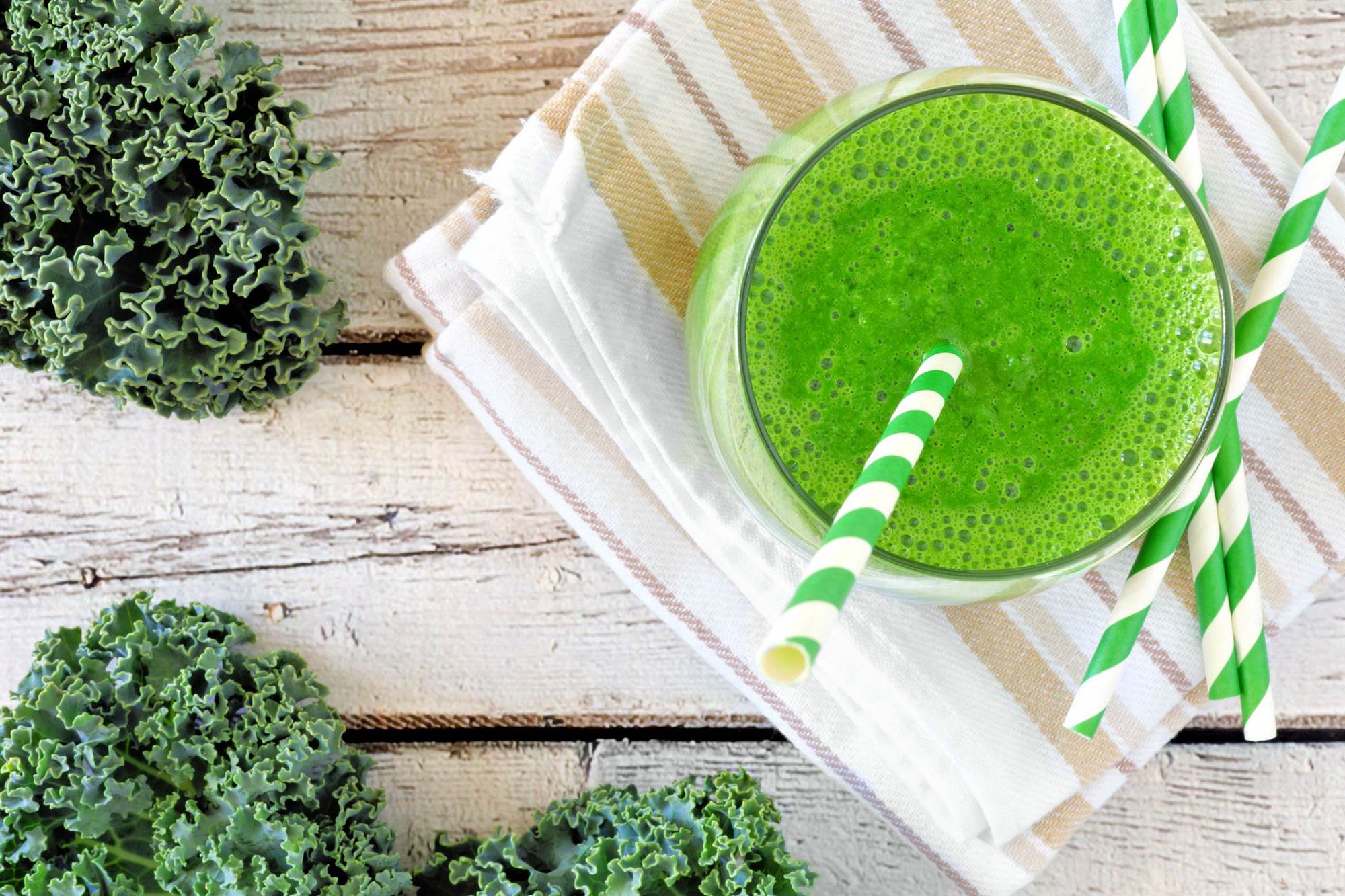
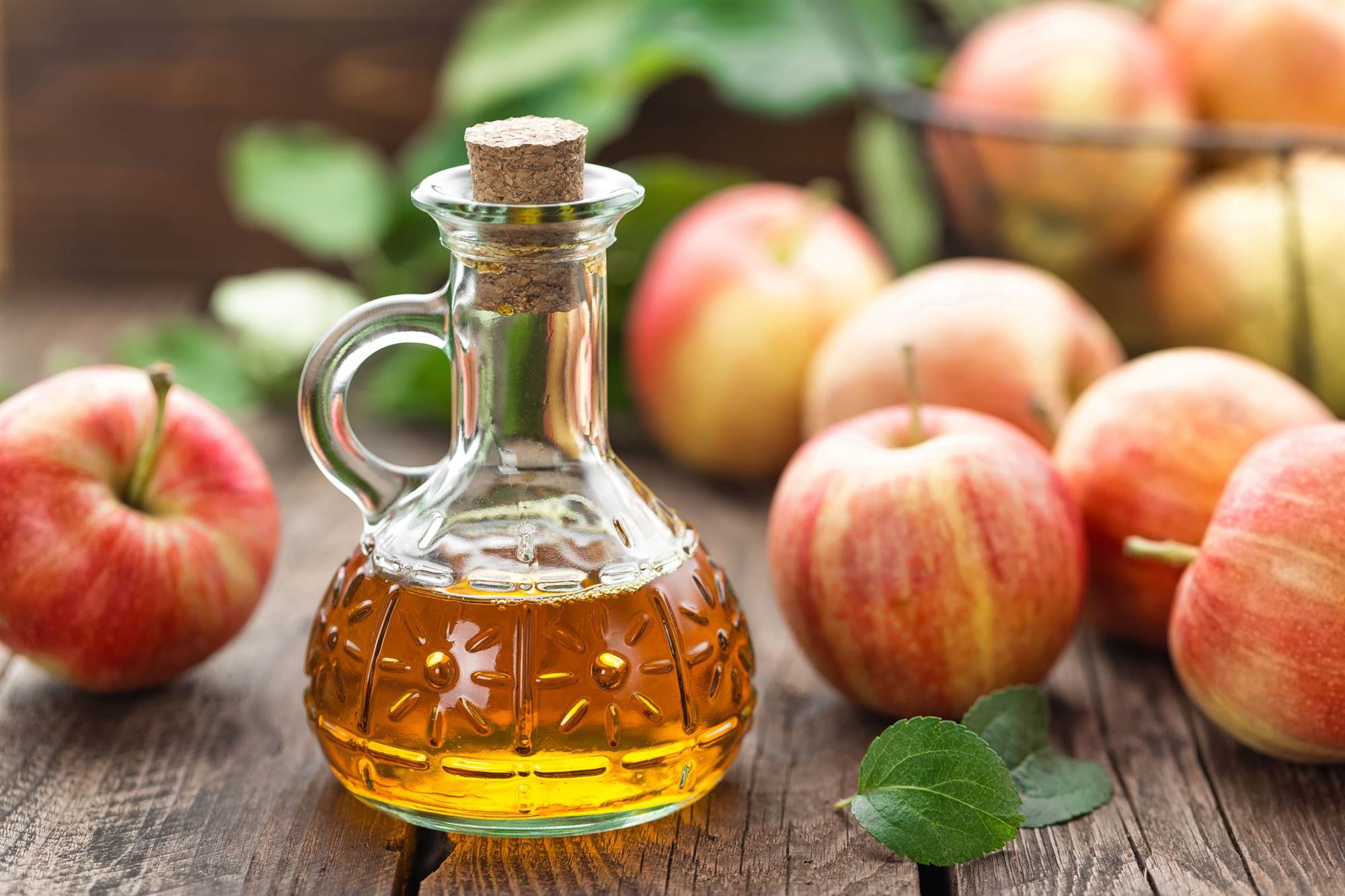
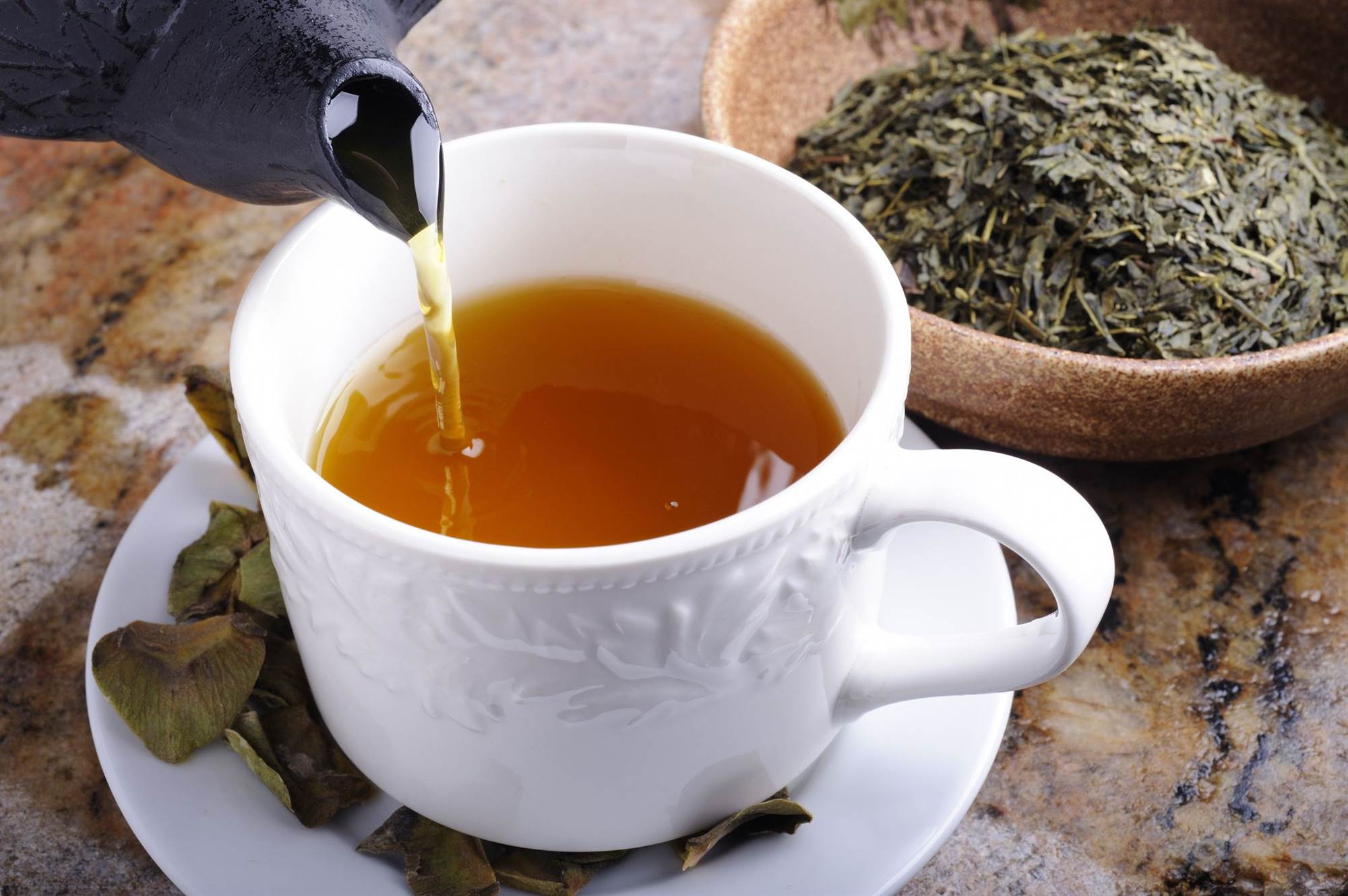
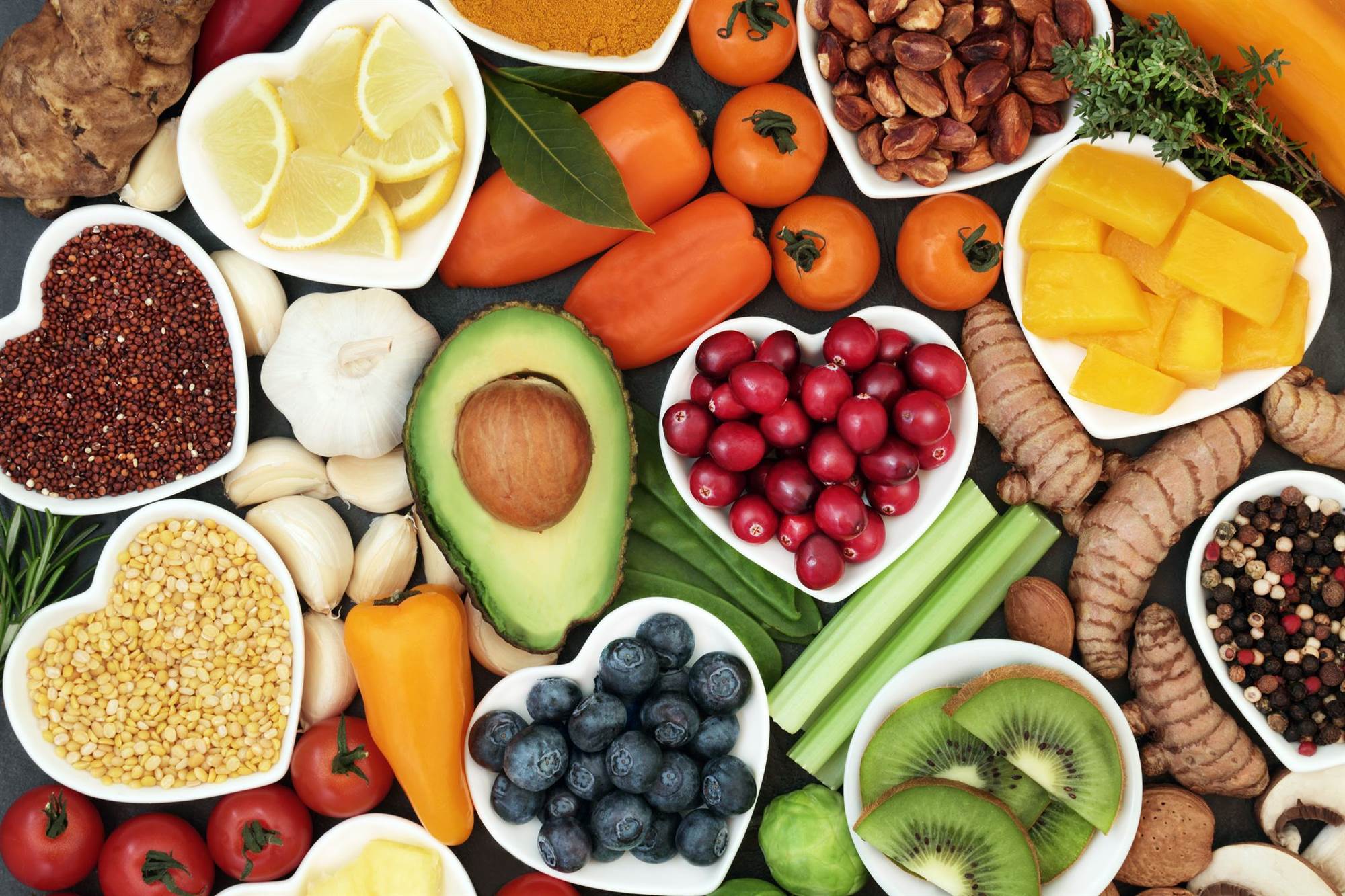
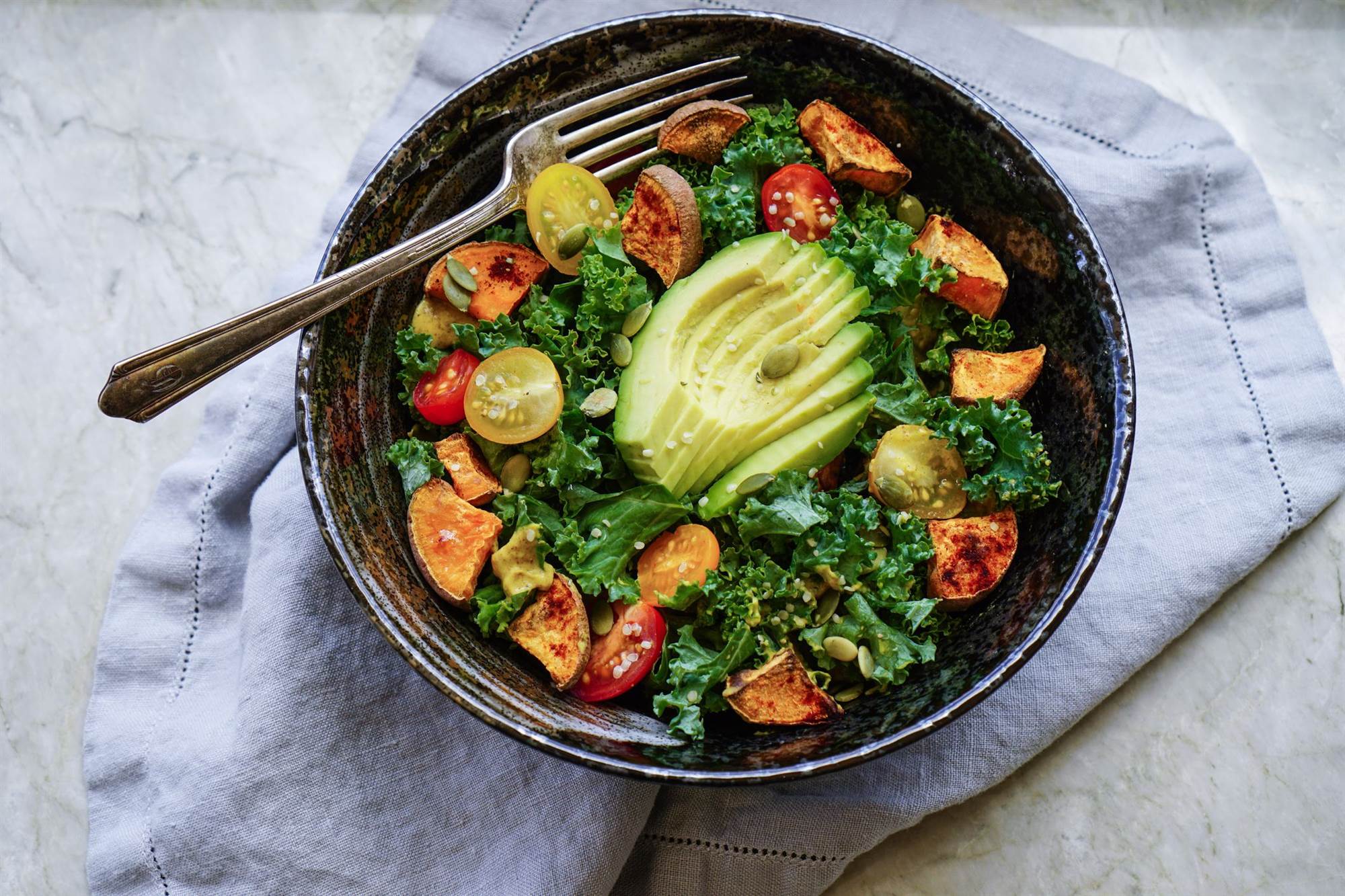
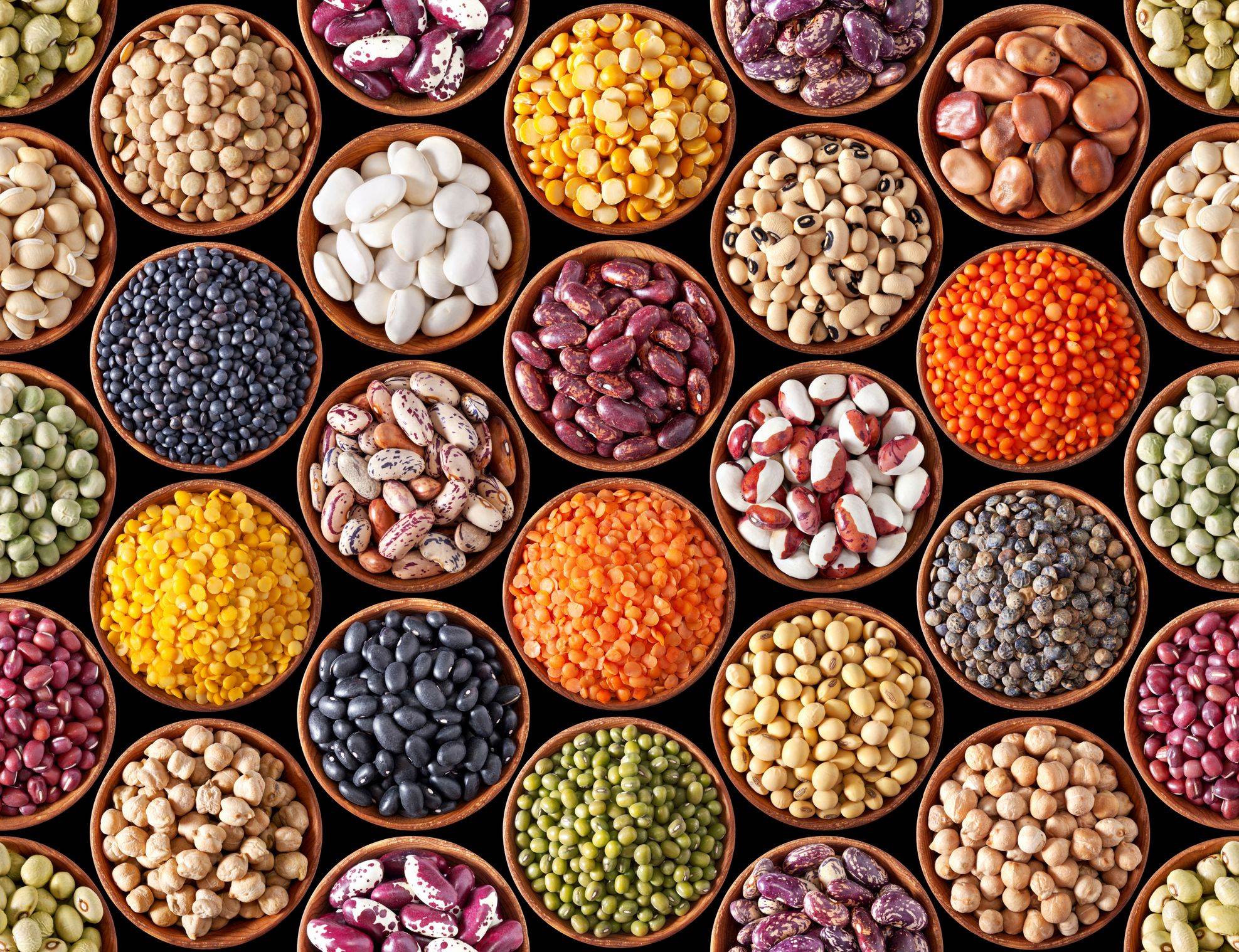
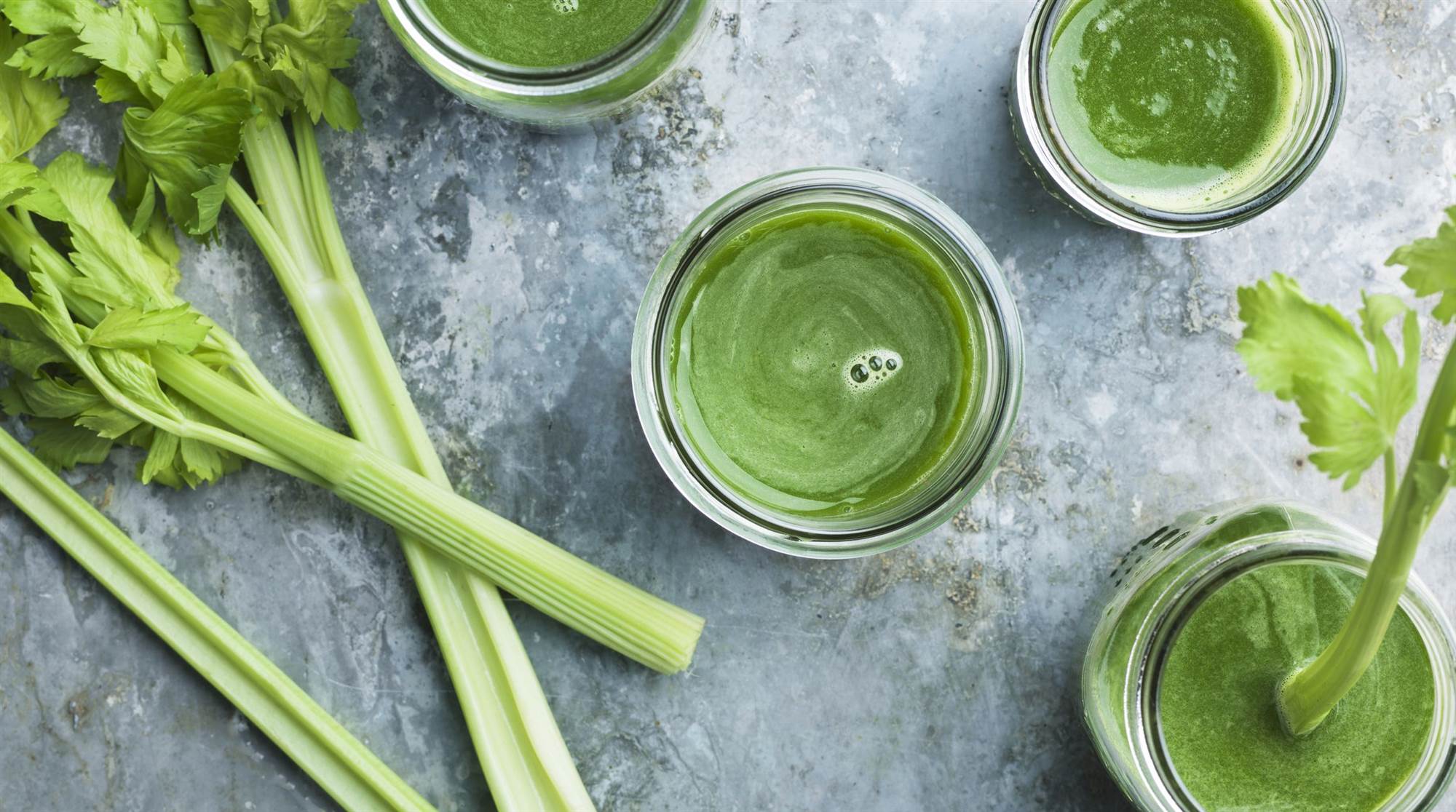
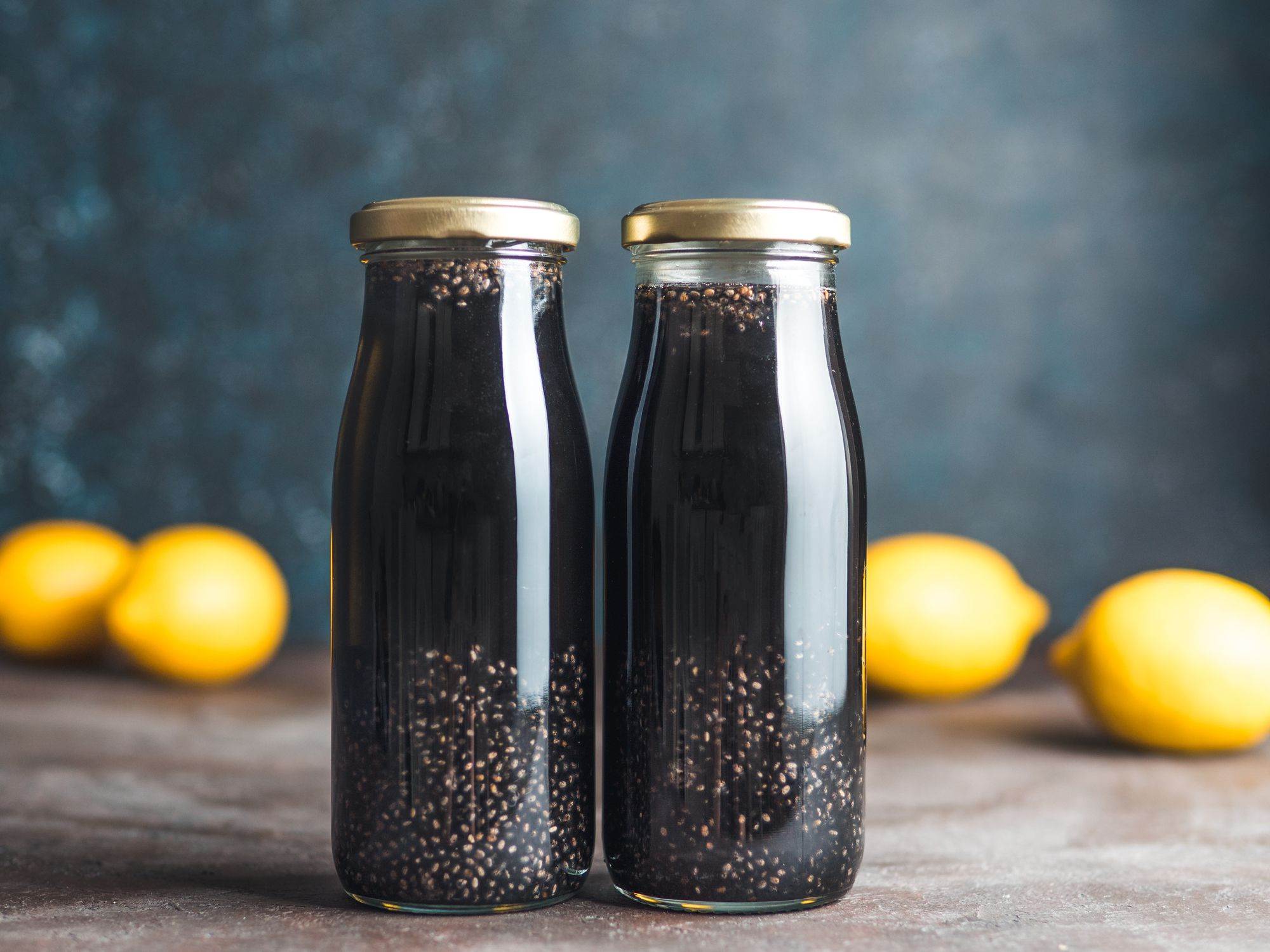

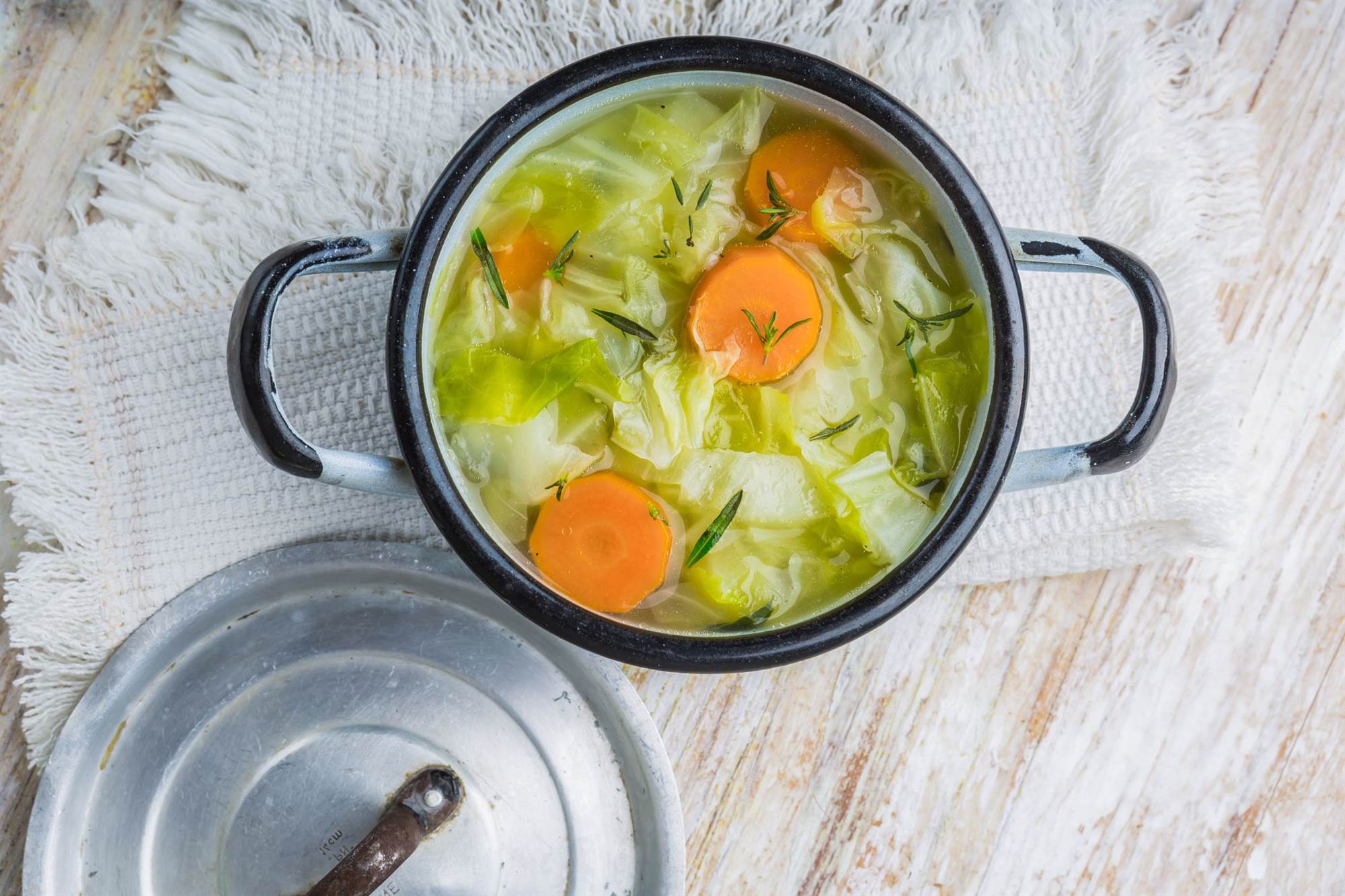
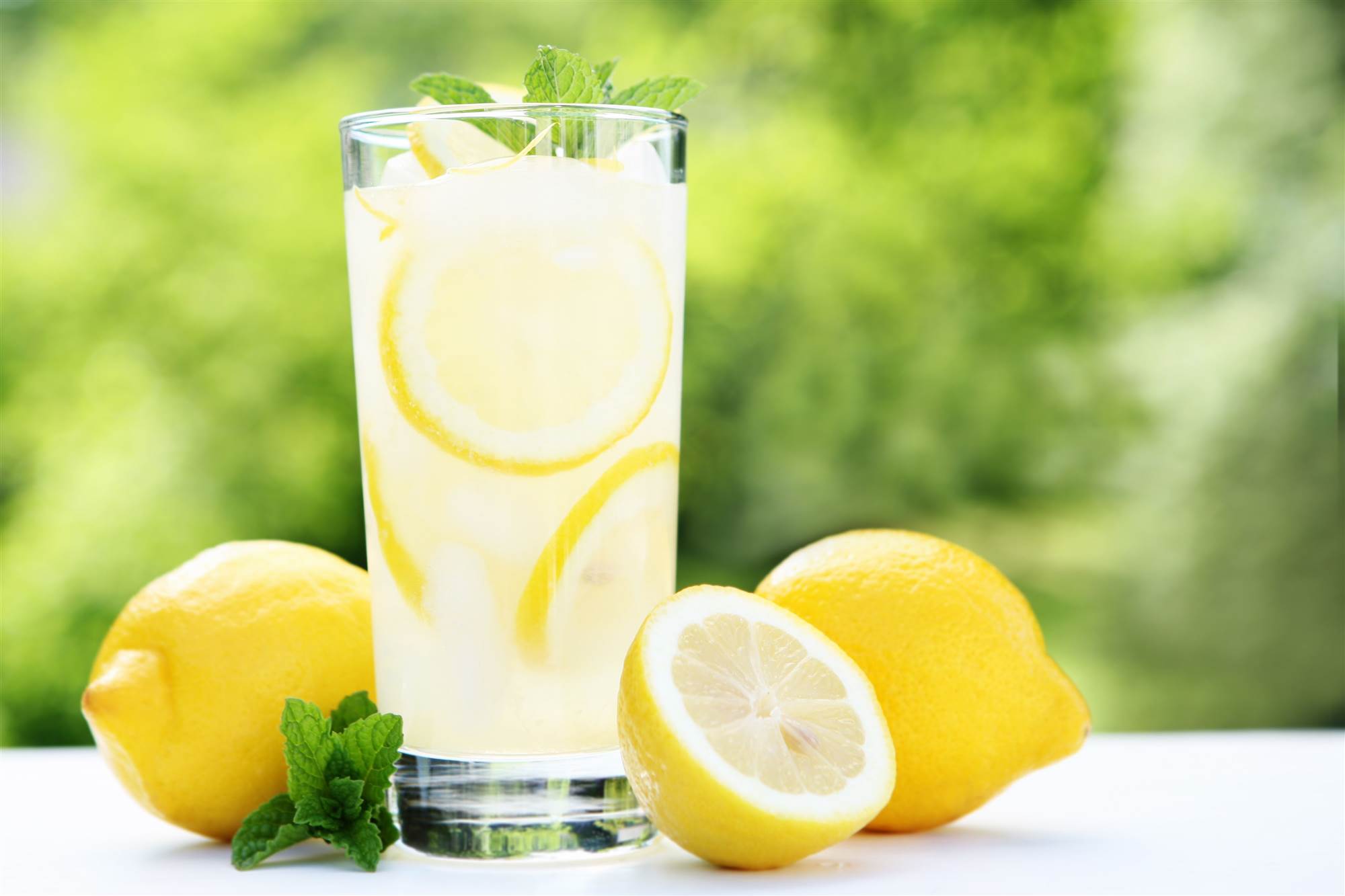
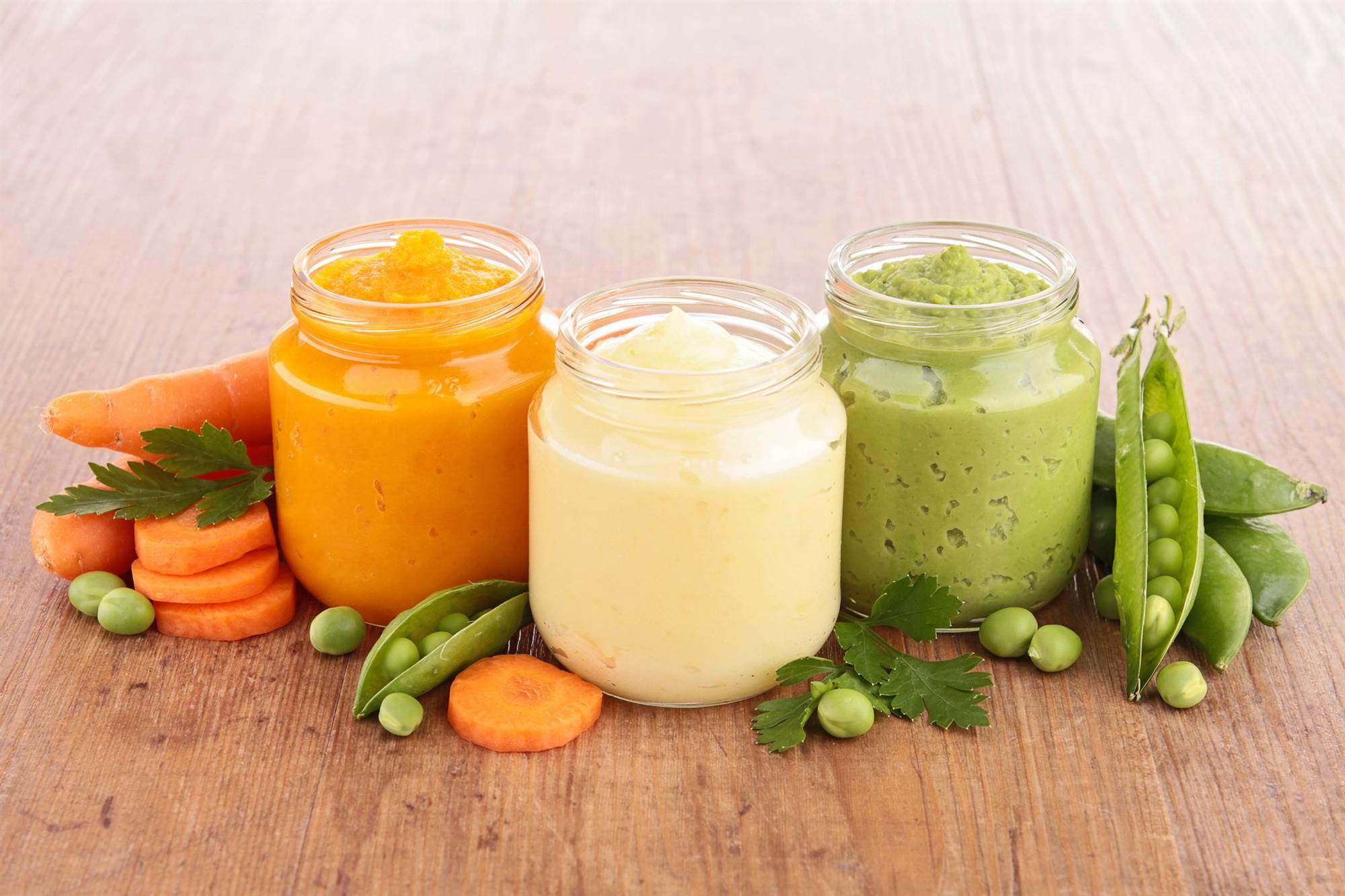
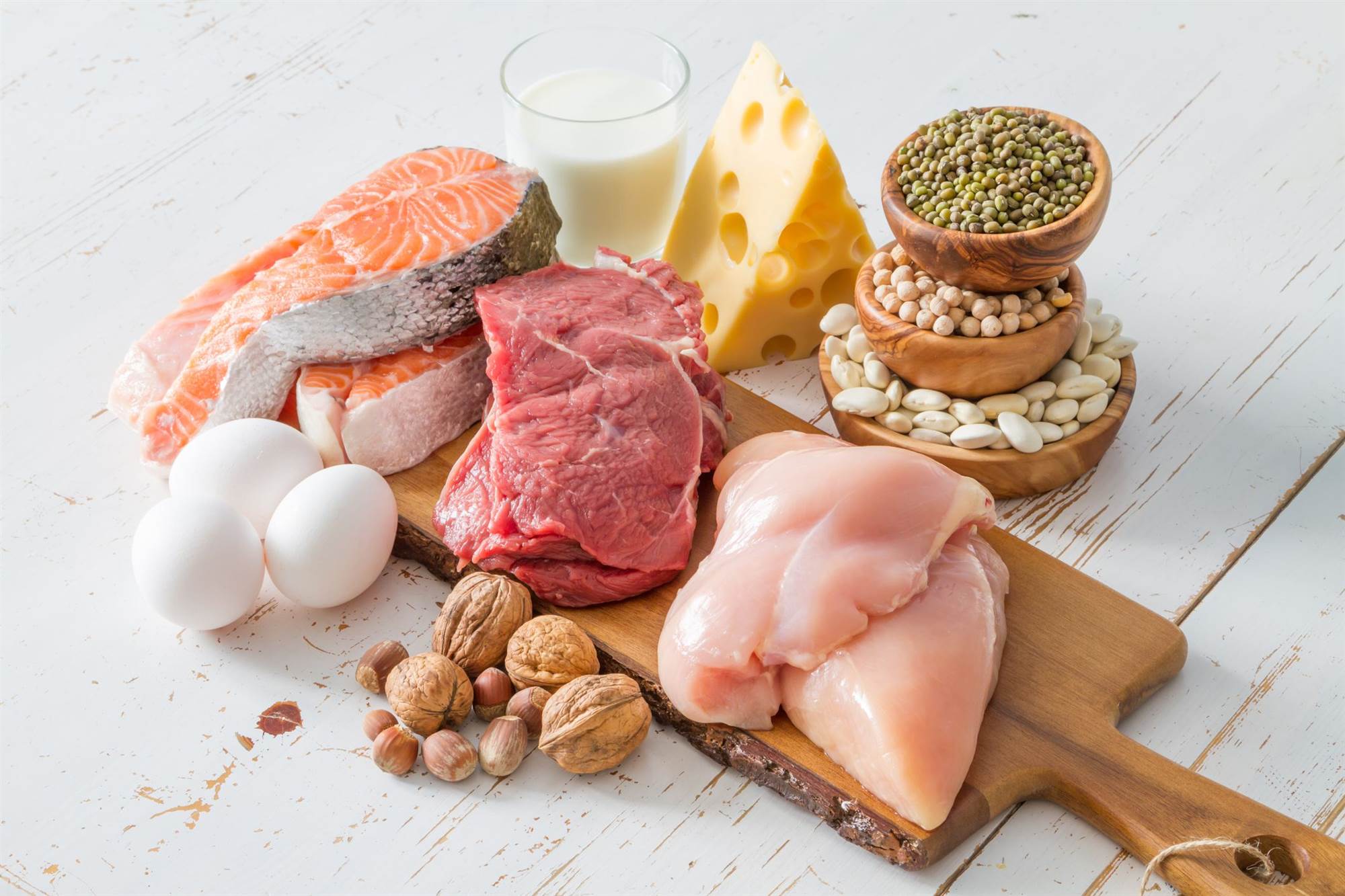
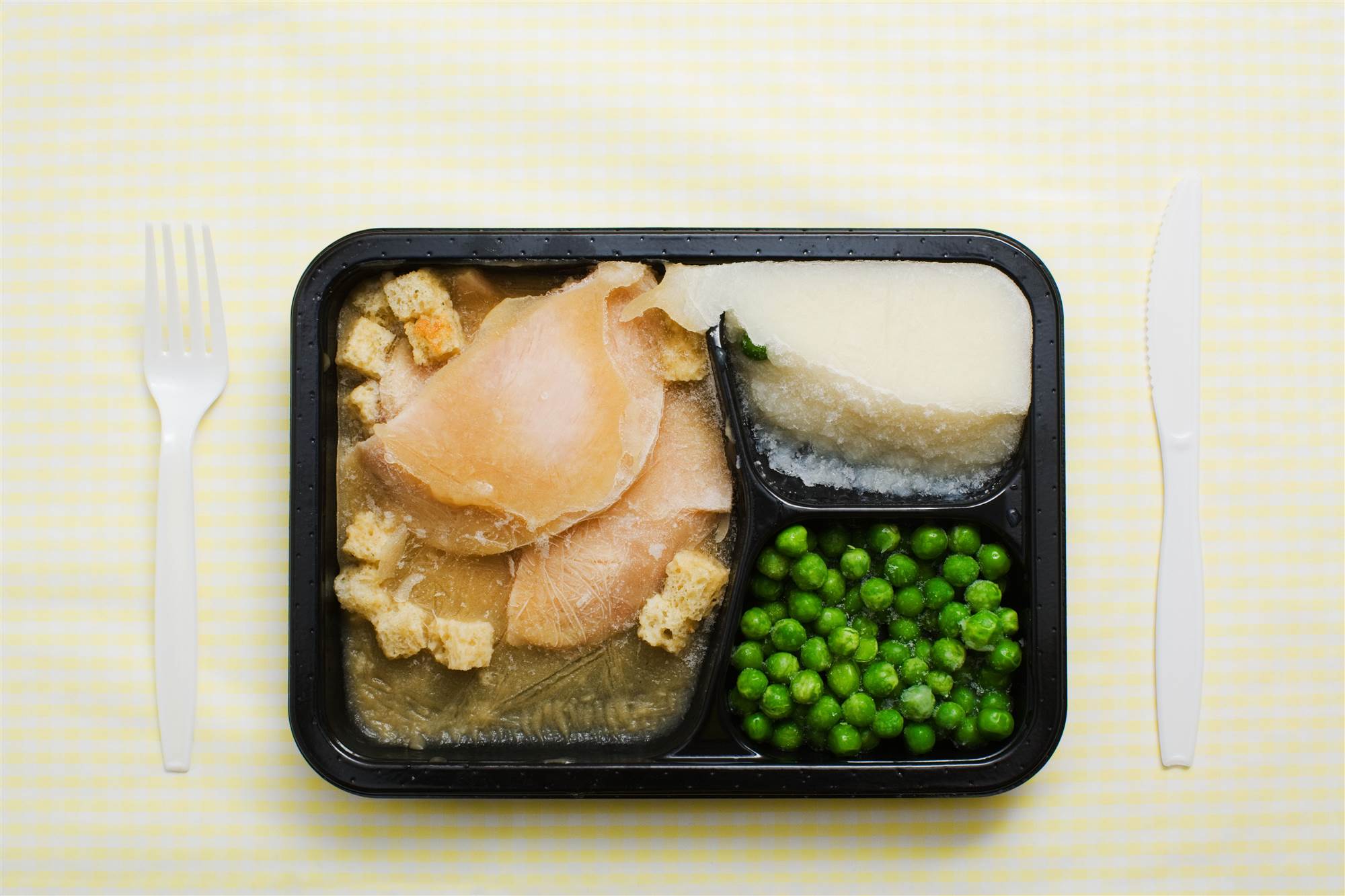
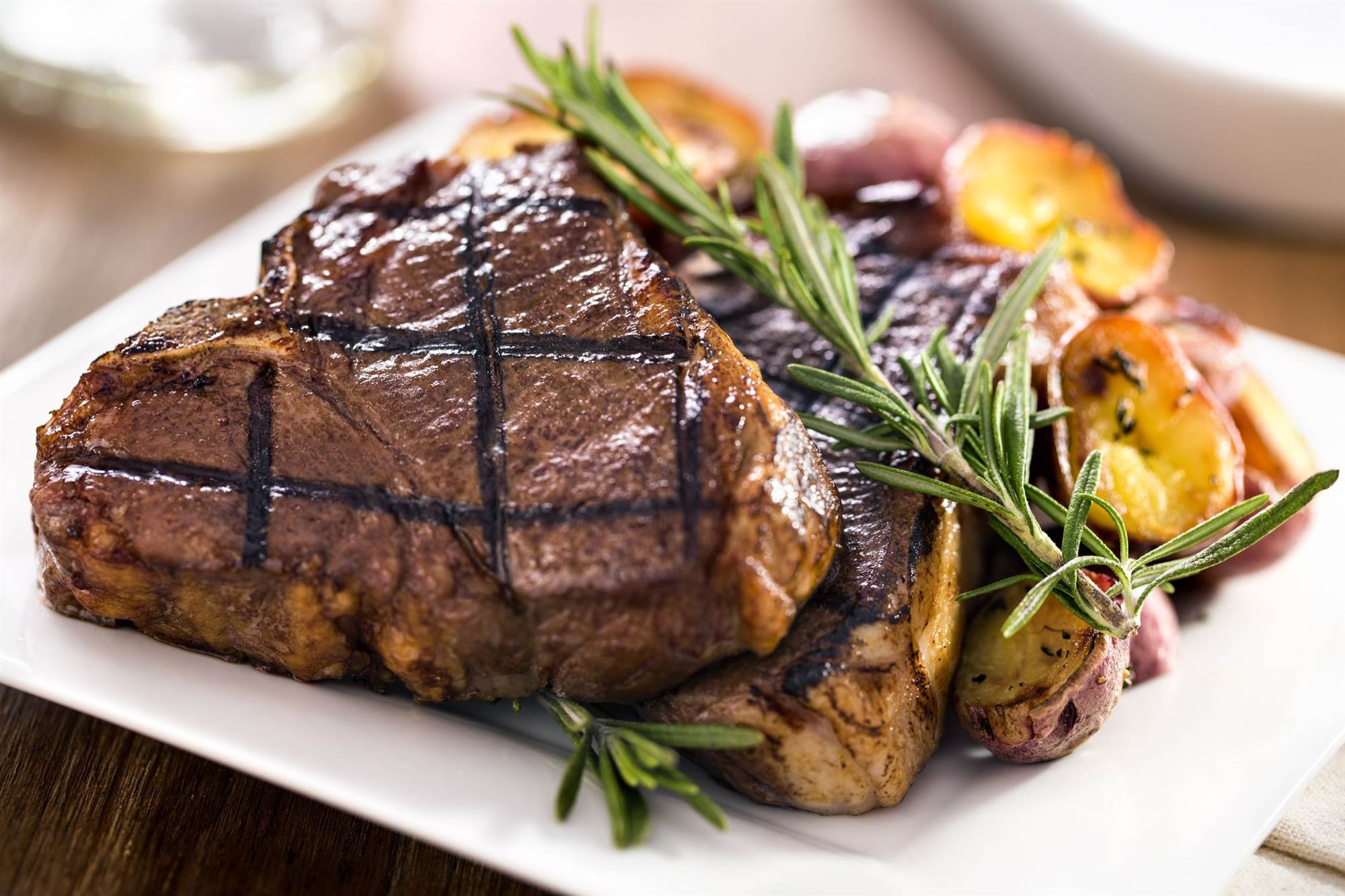
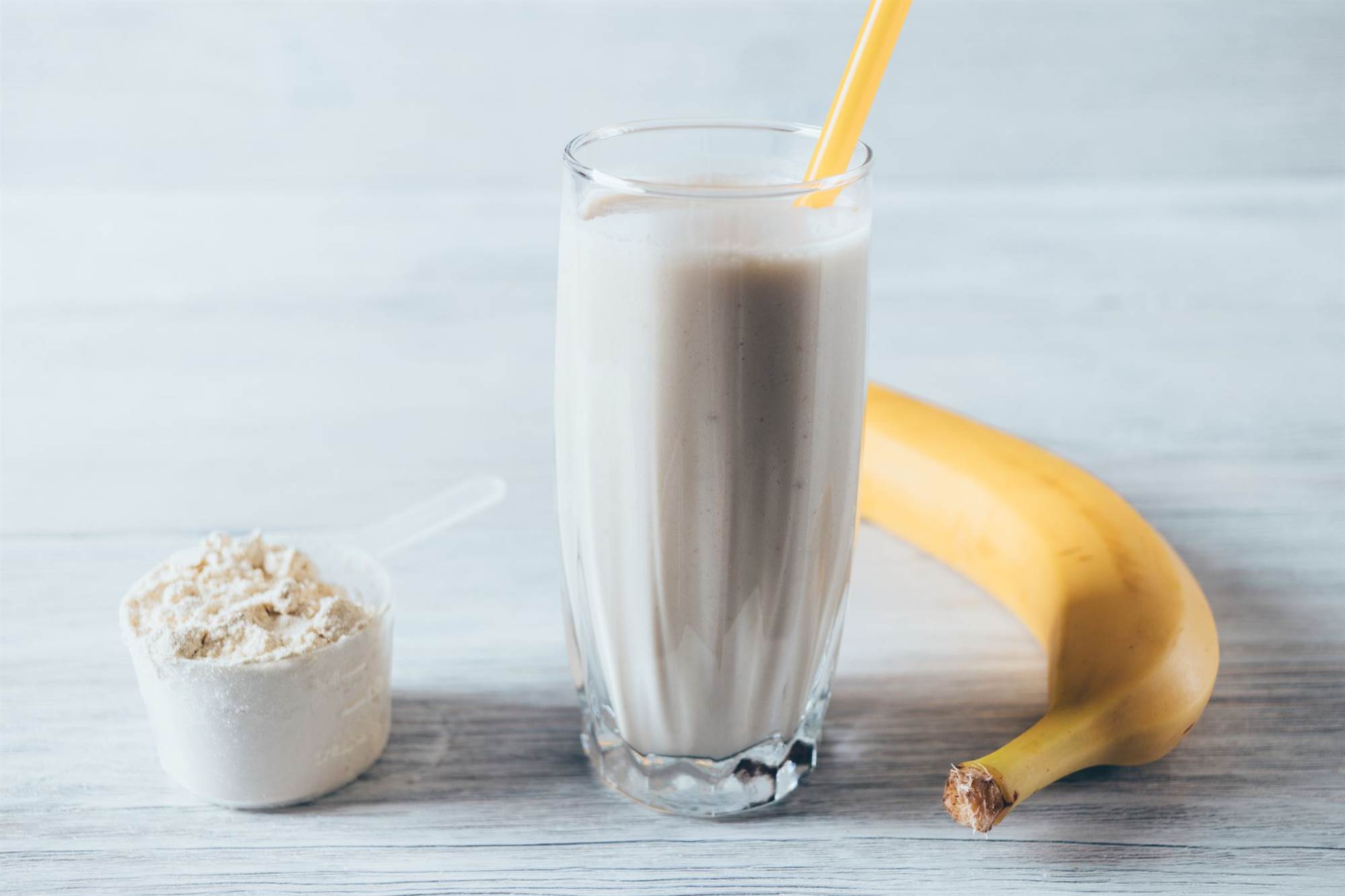
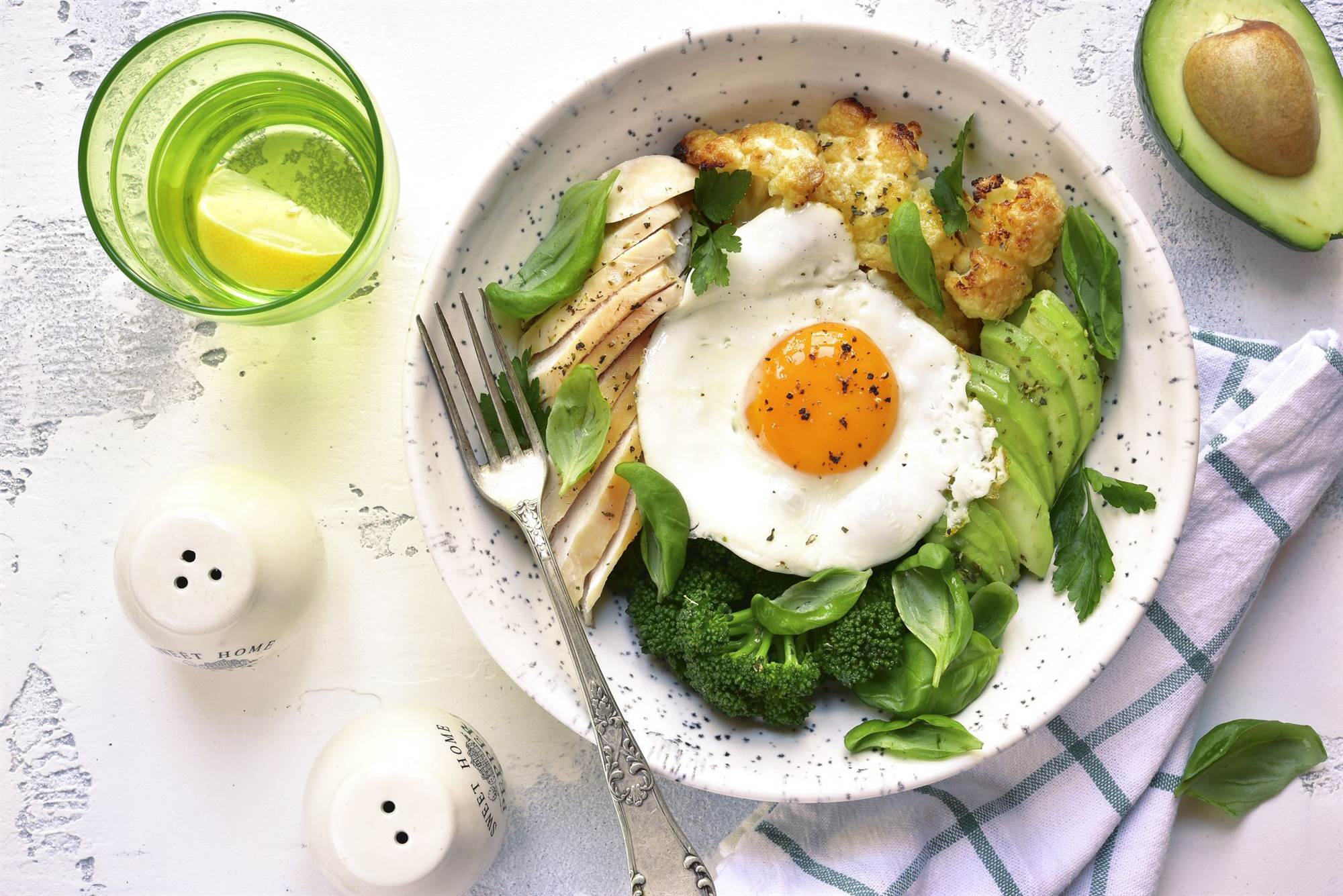
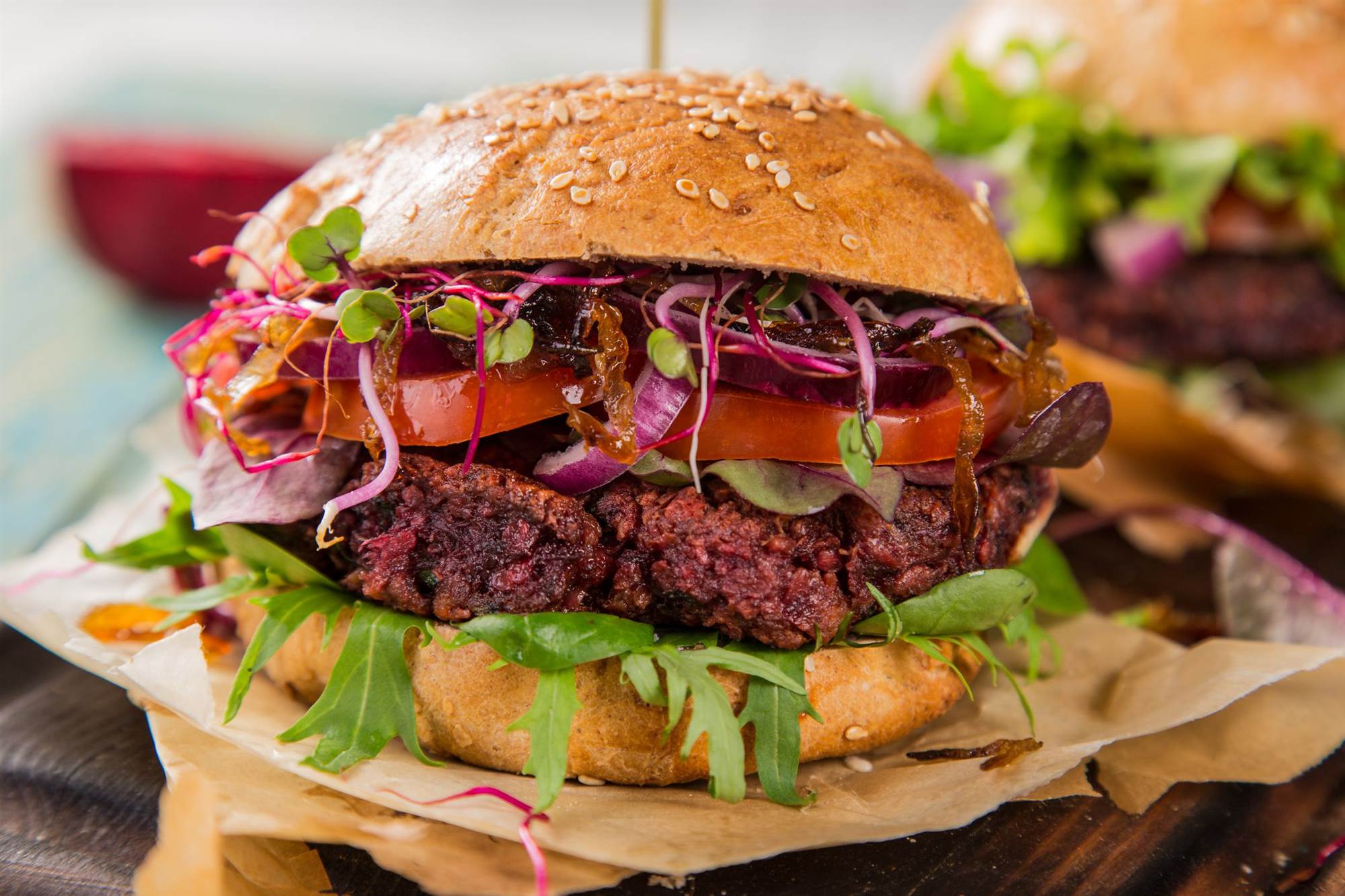
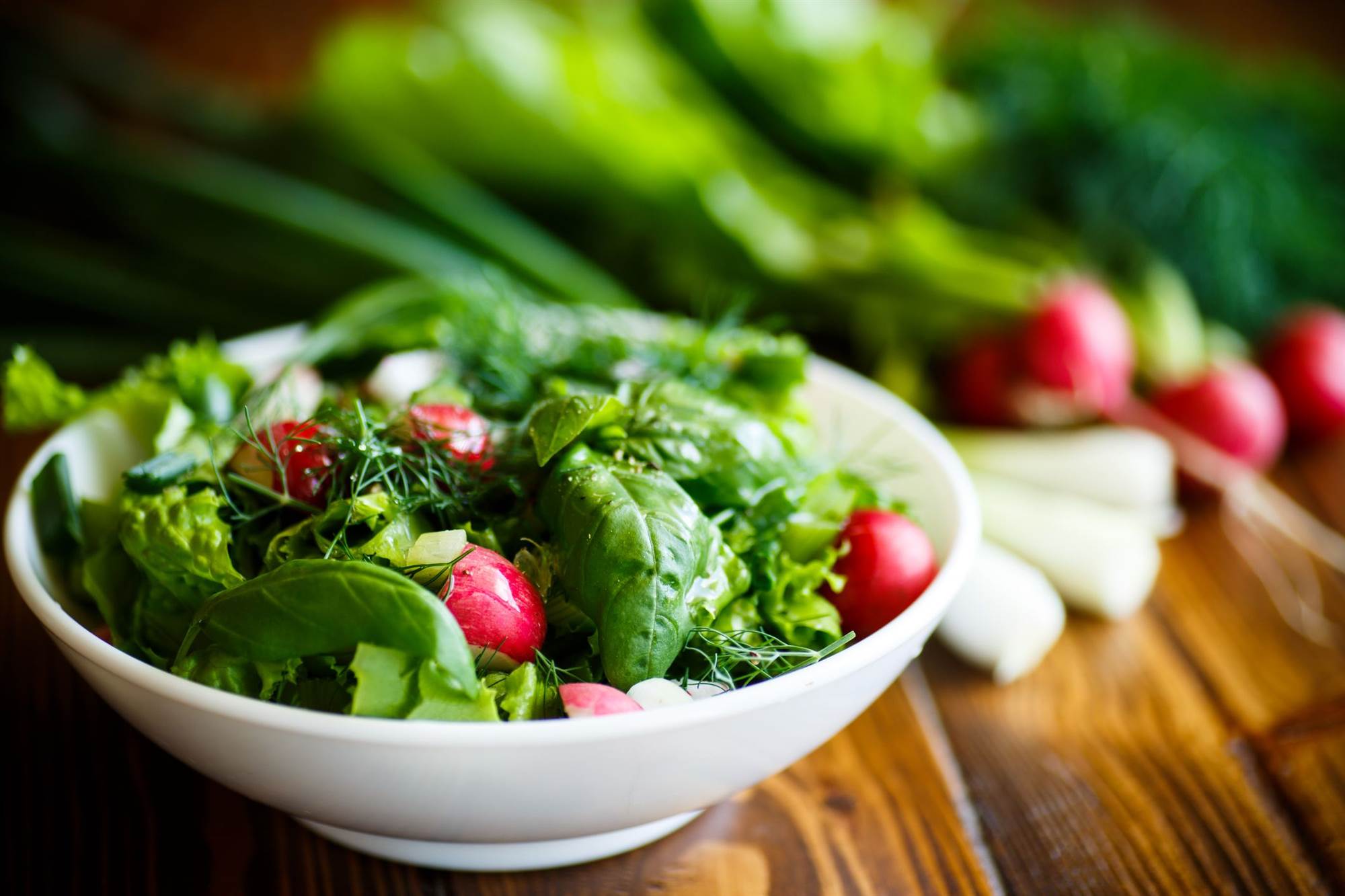
Getty Images
Elimination diets
“Elimination diets have recently emerged under aliases like Whole30 (Busy Philipps and Miley Cyrus) and the low-FODMAP diet (Tyra Banks and Kirsten Dunst),” says dietitian Maggie Moon. These diets have been used to diagnose food allergies and sensitivities in clinical settings. “What bothers me about blindly trying trendy elimination diets is that people may be removing perfectly healthy foods-whether it's beans or whole grains or garlic-without any good reason. It sets up an unnecessarily adversarial relationship with food,” she says.
Getty Images
The keto diet
With celebrities like Kourtney Kardashian and Halle Berry as fans, the low-carb diet has become quite popular. “You may start losing weight in the beginning, but the diet is extremely restrictive, so many of the junk foods you may have been over-consuming aren't in your diet any longer but the diet itself is unsustainable,” says dietitian Toby Amidor. In addition, you might become constipated, due to lack of whole grains, fruits, and vegetables.
Getty Images
Zero-sugar diets
“Many celebs swear by cutting out every last smidge of sugar. They ban even a gram of the sweet stuff in order to achieve their beach bodies. Sherri Shepherd favours this approach,” says dietitian Suzanne Dixon. This means cutting out fruit and veggies, like berries and sweet potatoes. The worst part: “You'll miss the vitamins, minerals, and disease-fighting phytonutrients,” she says.
Getty Images
The blood type diet
A naturopathic physician wrote Eat Right 4 Your Type, which is the foundation of the blood type diet. The premise is to follow a diet and lifestyle that best suits your blood type to improve your health and lose weight.
“All four suggested ways of eating are based on real, whole foods, which can prove beneficial for anyone who eats a diet high in processed foods and sugar,” says dietitian Maggie Michalczyk but it causes unnecessary focus. “While there is some evidence that shows that certain blood types are at a higher risk for certain diseases, there aren't studies showing that they have anything to do with diet,” she says.
Getty Images
Juice cleanses
The majority of weight loss from juicing is due to dehydration and cleaning out your colon, so it’s not sustainable, much less safe. "Dehydration can lead to fainting, weakness and headaches. It can also lead to an increase in hunger. When you flush your colon, you disrupt the bacterial colonisation that actually helps you. As a result, your gut microbiome becomes out of balance, leading to digestive abnormalities,” says bariatric surgeon Dr Michael Jay Nusbaum.
Getty Images
Apple cider vinegar diet
Megan Fox was all about taking apple cider vinegar shots, but Amidor doesn’t think it’s worth it. The weight loss effects of a poor appetite after ingestion are probably due to nausea and stomachaches from the acidity of the vinegar. “If you do want to include apple cider vinegar in your diet, make it a delicious part of your meal and include it in dressings, marinades, and sauces,” she says.
Getty Images
Teatoxes
A teatox is a diet plan that incorporates "skinny teas" that have special additives like senna, which is an herb that's found in over-the-counter laxatives.
“The National Institutes of Health says senna is likely safe when taken in the short term, but unsafe when taken long term. Using a laxative-type supplement to lose weight can be dangerous because it can cause diarrhoea and dehydration,” says dietitian Natalie Rizzo.
Getty Images
The Alkaline Diet
Popularised by Tom Brady, Kelly Ripa and other celebs, this fad diet has no scientific basis under the premise of eating foods that will keep pH levels in the blood balanced. “Problem is, the body has its own internal mechanisms to keep your blood pH levels within a very narrow window and that is not impacted by what you eat or drink, unless you have an underlying medical condition that impacts pH,” dietitian Julie Upton explains.
Getty Images
Whole30
“While I think parts of Whole30 are great, like avoiding refined and highly processed foods, it prohibits all sugar (real or artificial), grains, dairy, beans and peanuts. It's nearly impossible to follow, and I never recommend diets that eliminate whole food groups, especially when it's more than one,” says dietitian Dr Lauren Harris-Pincus. Whole30 sets people up to fail, making them feel that healthy eating is too difficult, she says.
Getty Images
The lectin-free diet
Kelly Clarkson helped bring the lectin-free diet-aka The Plant Paradox-to the spotlight after she lost 17 kilos from following the plan. But this diet isn’t grounded in science, despite being written by a cardiologist, says Upton.
“The premise is that people need to shun lectins, a type of protein found in wheat, beans, potatoes, and nuts. The creator suggests that removing foods with lectins can improve your health and promote weight loss,” she says. But lectins in food are perfectly good for you, so don’t follow this regimen unless you can’t digest them.
Getty Images
The celery juice diet
Busy Phillips, Lea Michele, and other celebs swear by the green juice for reducing inflammation and aiding muscle recovery post-workout, but drinking celery juice alone won't help you lose weight.
“There is no benefit to juicing celery and drinking it at any specific time of the day. Celery is a lovely, nutritious vegetable, but juicing it does not compound any of its benefits,” says dietitian Monica Auslander Moreno. “The expense, the overload of antioxidants, and the lack of fibre, fat, and satiety from drinking liquids all make the celery juicing trend an ineffective diet,” she explains.
Getty Images
Activated charcoal drinks
Fans of activated charcoal include Kim Kardashian and Gwyneth Paltrow, but incorporating it into your everyday diet is not something you want to get into, says Moreno. “This still baffles me. Activated charcoal is something I used to see when I worked in a hospital as an emergency detoxification treatment for severe alcohol or drug overdoses. Yes, it does bind to toxins in your body-but healthy people need to know that food is not a toxin,” she says.
Getty Images
The Grapefruit Diet
The Grapefruit Diet is a high-protein eating plan that involves eating grapefruit with every meal. It's a 12-day plan that restricts your kilojoules to about 4,180 (1,000cal) per day and claims to promote a 5kg weight loss, but the claims aren't backed by science, says Michalczyk.
“It's not great for weight loss because it's not sustainable. It might lead to weight loss in the short term because you're taking in fewer kilojoules, but it's very likely you will gain that weight right back when it's done,” she says. Instead, simply enjoy grapefruit with breakfast as a treat.
Getty Images
The Cabbage Soup Diet
The Cabbage Soup Diet emphasises eating large amounts of it as every meal. You are allowed to eat one to two other low-kJ foods daily in addition to the soup, which is supposed to accelerate weight loss in seven days. "But it’s very restrictive and can't be sustained in the long-term,” says Michalczyk. “Going from this very low-kJ diet back to regular eating will likely cause you to regain any weight,” she explains. A better way to enjoy cabbage is to add it to your diet for its vitamin C content and digestive benefits.
Getty Images
The Master Cleanse (lemonade cleanse)
The Master Cleanse encourages significant weight loss and promotes the clearing out of “toxins” by following a liquid-only diet for 10 days. You can drink only a lemonade-like beverage, a salt-water drink, or an herbal laxative tea-and you don't eat any solid foods.
“Not only will you be absolutely starving on this plan, but you will also suffer from cravings, irritability, fatigue and more. Plus, there is no evidence to suggests that any of these ingredients clear out ‘toxins’ from your body,” says Rizzo. You’re also likely to gain back most of the weight once you start eating again.
Getty Images
The Baby Food Diet
Rumoured to have been created by Tracy Anderson, aka Gwyneth Paltrow's trainer, the baby food diet calls for eating 10 to 15 jars of baby food for breakfast and lunch. “While I wouldn’t call this dangerous, it’s definitely severe kilojoule restriction. Each jar of baby food has about 125-300kJ (30 to 70cal), with little protein or healthy fats,” says Rizzo. Someone following this type of diet will definitely get really bored with their food choices and will miss out of macronutrients, like protein and fat, she says.
Getty Images
The Dukan Diet
The Dukan Diet was created by Pierre Dukan, a French medical doctor, in 2000. The Dukan Diet is designed to help your body achieve its "true weight," which is defined as a realistic weight you can attain and maintain for the rest of your life.
"While I'm all for reaching a healthy lifestyle that's maintainable in the long run, where this diet falls short on is that it neglects the set point theory of weight,” says dietitian Elizabeth Ann Shaw. It can be dangerous for someone with a history of disordered eating, she says.
Getty Images
Nutrisystem
Celebs like Melissa Joan Heart have been fans of this diet plan that involves eating a variety of pre-packaged meals. While Nutrisystem provides a quick fix for those who want to lose weight but don't want to cook or go grocery shopping, not all of these packaged foods provide a nutritionally balanced meal.
“Consuming a diet of kJ-controlled processed shakes, bars and meals will build up toxins within the body, and those preservatives are chemicals that can actually backfire and slow your metabolism down,” says nutritionist Keith Kantor.
Getty Images
The Atkins Diet
The pioneer of low-carb diets, Atkins promotes weight loss by restricting carbohydrates and sugar and loading up on protein.
“I've been a dietitian for 23 years, and I've yet to meet someone who lost weight on Atkins and permanently kept it off. Carb-phobia is rampant, but low-carb diets, like Atkins, are high in unhealthy processed meats and miss nutrient-dense foods like fruit, whole grains and beans,” says Harris-Pincus. The Atkins diet also lacks adequate fibre, which can have negative consequences on gut health and mood, she adds.
Getty Images
Meal replacement shakes
“Meal replacement shakes can lead to some initial weight loss due to their lower-kJ content, but they lack the nutrition of real food and are highly processed,” says Harris-Pincus. This usually leads to weight gain shortly after someone stops drinking the shakes. If shakes are your thing, Harris-Pincus recommends making your own smoothie with fruit and greens, plain Greek yoghurt or cottage cheese, and a source of healthy fat like chia seeds, avocado or nut butter.
Getty Images
Paleo diet
Jessica Biel, among others, are big fans of the paleo diet. But it prohibits numerous food groups including dairy, legumes, grains, potatoes, and refined sugar. "Many people have been successful following this plan, however, cutting out numerous food groups also eliminates many important nutrients,” says Amidor.
Getty Images
22-day vegan diet
Beyoncé and Jay-Z tried going on the 22-Day Revolution by Marco Borges to improve their food choices, and while you'll eat plenty of vegetables, it’s pretty restrictive. “If you eliminate processed foods from your diet and eat only wholesome ones, you will lose weight. Although there is no kilojoule counting in this diet, the portions are pretty small and kilojoules are low, especially for active people, says Amidor.
Getty Images
Raw food diet
“The theory behind this diet is that raw food is packed with natural enzymes and if they are cooked above 46°C, the heat will destroy most of the vitamins and phytonutrients,” says Amidor. Although weight loss is possible due to the elimination of processed food and a lower-calorie intake, cooked food has nutritional and safety benefits. For example, mushrooms and asparagus have more nutritional value when cooked. Baking and roasting vegetables enhances their natural flavours so you don't have to add too many other ingredients that can increase the number of kilojoules consumed.






